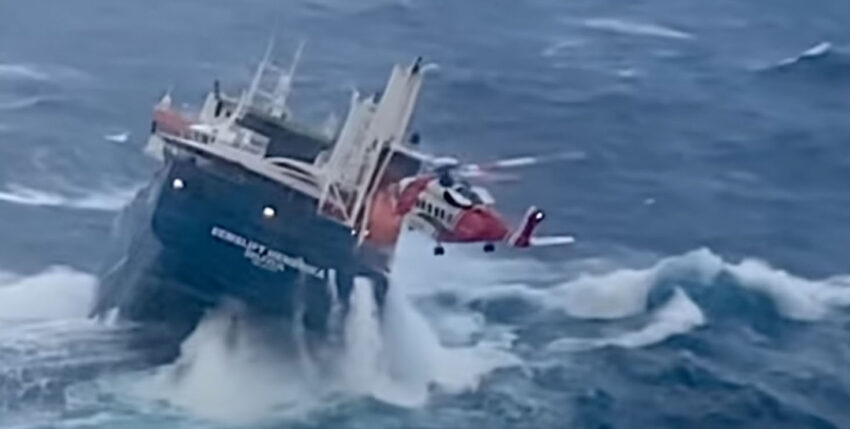The price of oil on the international market has various effects on the global economy - one of which is that it appears to be more favourable for commercial shipping to take the diversions around Africa than the Suez Canal.
The completion of the Suez Canal was a Herculean task and would take 20 years to open, requiring the labour of over 1.5 million workers. When it was finally in operation, the journey time from Europe to Asia was shortened by several weeks by travelling through the Mediterranean instead of around Africa - a revolution for global trade at the time. The Suez Canal has retained its global economic and strategic importance throughout the 19th and 20th centuries. Now it is apparently more economical to ignore it.
The industry service SeaIntel reports that between October and the end of 2015, more than 100 ships took the longer route around Africa's Cape of Good Hope instead of passing through the Suez Canal. This was due to the dramatic fall in the Price for Marine diesel which fell from around $400 in May 2015 to $150 per metric tonne. tonne has fallen.
However, fuel costs are not the only decisive factor in the cost/benefit calculation of maritime trade routes; speed and journey time are also taken into account. At an average speed of 13.5 knots, a ship takes around 11 days longer to travel the African route than if it were to pass through the Suez Canal. However, the time saving also has its PriceFor example, the fee for passing through the Suez Canal costs around $465,000 per ship. A similar observation can be made for the Panama Canal, where some ships also avoid the longer journey via South America's southernmost tip, Cape Horn, taking advantage of the favourable fuel prices.
So for whom is it worth taking the longer route?
Apparently, the majority of the evading ships are those that do not transport time-sensitive cargo, including many tankers. The current oversupply of crude oil on the world market has meant that many cargoes have not yet been sold and are still being held on ships in transit or in the roadstead in "floating storage". The longer journey time alone can ensure that supply and demand for the corresponding cargo are matched again and that traders and buyers are able to find a suitable Price can agree. However, the route changers also include many container ships that, depending on the cargo, can take longer on the journey to Asia than on the journey to Europe or the USA.











One Response
The article shows that there are no constants. Thinking in a global context is an ongoing task. And this requires information and discussion platforms such as "meer verstehen", believes
Fleet